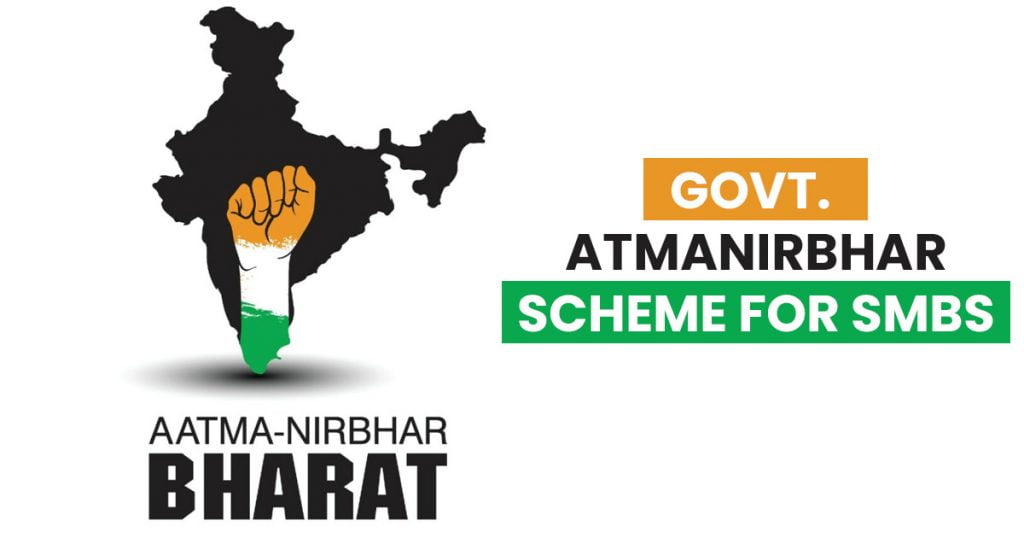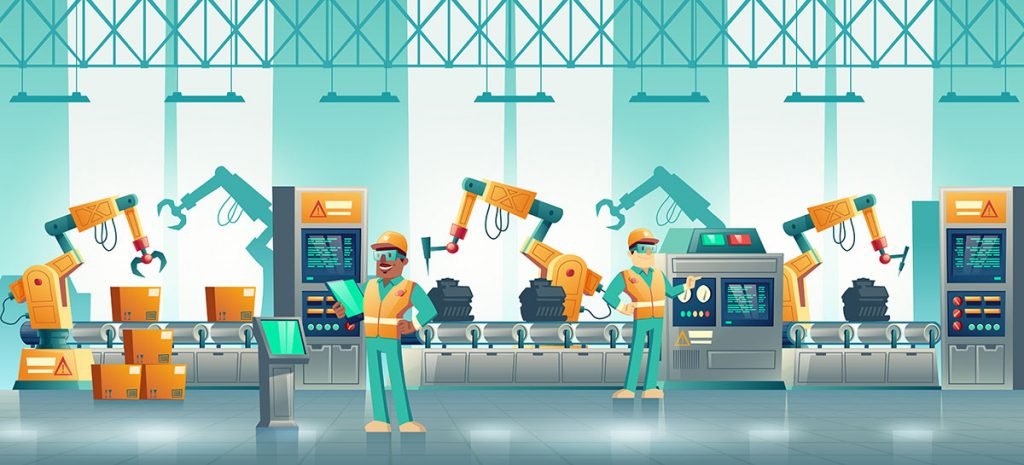It is predicted that 90 percent of the countries in the world will go into recession in the coming months as per the June 2020 World Bank Global Economic Outlook. The most damaging and lingering effects of the COVID-19 crisis will hit the common men and small industries. Government, Industry associations, and Consulting bodies have a herculean task to bring back the industry on its feet at the earliest.
Building intelligent and sustainable development will help restart production, provide employment, and revive confidence. Govt. of India aims to build a self-reliant India by prioritizing MSMEs, liquidity and welfare, agriculture, power distribution, mining, health, rural employment, and housing sector reforms through 20 trillion INR (USD266billion) COVID-19 stimulus package titled ‘Atmanirbhar Bharat Abhiyan.

Apart from government initiatives, resilient industry leadership has to focus on Quality and Environment. Zero Defect Zero Effect (ZED) as a cutting-edge philosophy, to achieve the lost ground in the quickest manner
The main objective of the ZED initiative is to provide unique branding and recognition of the operational capabilities of quality and environmentally focused Industries.
The goal of certification is to establish world-class manufacturing practices, by developing a ‘ZED’ culture based on the principles of:
Zero Defect (focus on the customer)
- Zero non-conformance/non-compliance
- Zero waste
Zero Effect (focus on society)
- Zero air pollution/liquid discharge/solid waste
- Zero wastage of energy and natural resources

The ZED model covers all key aspects of business management functions practiced in any manufacturing organization. To facilitate the effective deployment of ZED parameters in a manufacturing organization, important business functions are classified in the following management disciplines:
- Quality Management
- Environmental Management
- Energy Management
- Natural Resource Management
- Human Resource Development
- IPR Management
- Performance Management
The ZED Maturity Assessment Model has been designed to offer graded benchmark levels of an organization’s performance through a set of standard enablers and outcomes, focused primarily on the quality and environmental performances in practical and implementable terms.
The organizational capabilities are addressed through 50 parameters at the operational level. To ensure a minimum standard level, 20 parameters are identified as essential, and rest 30 parameters are optional. These 50 parameters are grouped as enablers and outcomes. Each parameter has five levels of maturity such as Struggler, Beginner, Organized, Achiever, and World-class with quantitative assessment scores on a scale of five.

Rating System
The rating is based on a weighted average of all selected parameters (minimum 30 parameters or more). On the basis of the weighted average, the grading as Bronze, Silver, Gold, Diamond, or Platinum is awarded.
Benefits of ZED
ZED certified companies will have several benefits including:
- Global Recognition: credible recognition of ZED certified companies by international organizations.
- Operational Excellence: efficient operations due to streamlined processes based on best practices
- Cost Competitiveness: reduced cost due to waste minimization, improved process efficiency, and energy and natural resource conservation
- Quality Competitiveness: improved quality due to systematic quality management practices
- Clean Environment: pollution-free processes due to focused environmental management practices
- Competent Manpower: trained manpower with the competence of global best practices
- Preferred Vendor: Overall Equipment Manufacturers (OEM) will prefer to purchase from ZED certified companies
- Social recognition: the company as a contributor to the development of society and nation by generating employment and a clean environment.
Conclusion
Zero Defect and Zero Effect (ZED) is a game-changing initiative for the industry to move ahead, in these tough conditions of COVID 19. Going forward, only resilient industries shall flourish who are capable of becoming a player in the global value chain, by focusing on improvement of quality, energy, and natural resource conservation, along with improving the environment, to meet customer expectations and delight of all stakeholders. The Japanese industrial model is a testimony of this fact.






